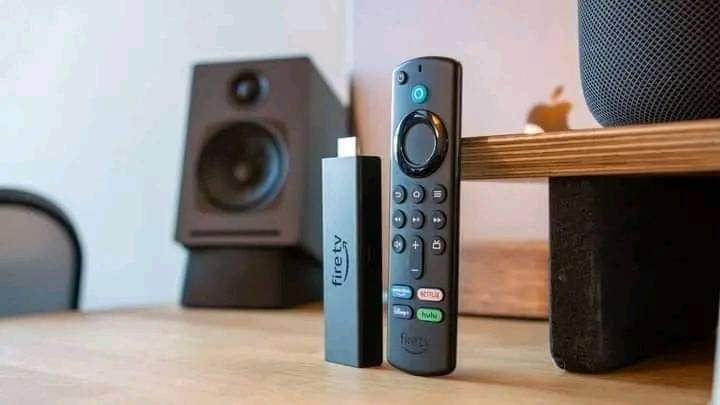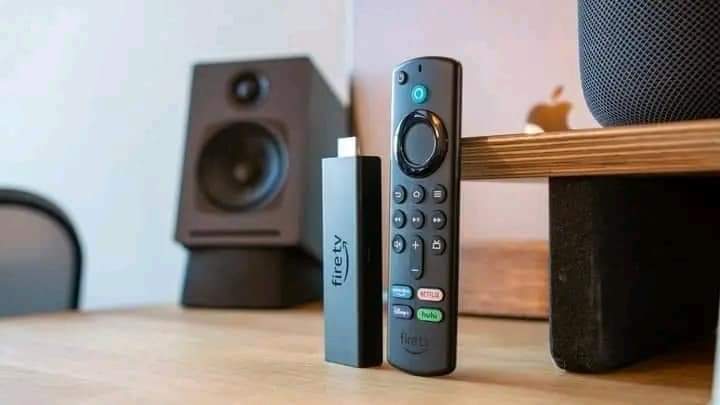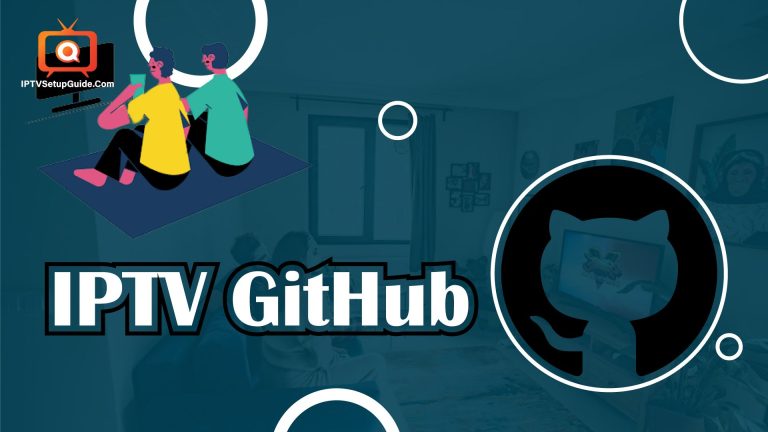What is IPTV? How Does It Works
What is IPTV?
What is IPTV? Want to know more about this? Then you are on the right way. So, in this blog, I will unpack what actually IPTV is. What is an IPTV box? What is IPTV work and its architecture? What are the best IPTV devices? Different types of IPTV services? The future of IPTV solutions?And all the information on IPTV you need! There are many terminologies in online streaming, among them, one is IPT With the advent of technology we have shifted our gears from traditional broadcasting like cable or satellite to online streaming systems, IPT has a major role to implement in this transitional phase of transformation.
How To Get IPTV Subscription In 2024?
Most of us have seen an obvious customer behavior pattern over our years of experience with online streaming. At its core, consumers these days do not particularly care about owning the content as much as they care about the ability to access the content. Of course, this attitude also enables IPTV Services. Namely, using devices that can employ IPTV, the consumers of content can stream any video content using the necessary data and the internet, without being liable to any cable or satellite TV subscriptions. This blog will go over the workflow of IPTV devices and IPTV services.
How Does Internet Protocol Television Work?
IPTV content is often distributed over a managed or committed network, and it may be transported to a private network or over the Digital Subscriber Line. This gives network operators significantly more control over video traffic, which allows them to ensure service quality, reliability, uptime, and adequate bandwidth. In conventional streamed television broadcasting, all programming signals are watched in the same way at the same time.
The source signals are essentially sent downstream, and the audience selects what to watch by turning available signals.
IPTV, on the other hand, is a form of IPTV where only one channel is shown at a time, i.e., in a unicast. The material would stay in the internet service provider’s network, with only the program that the end user watched beaming back to the viewer’s phone.
If a watcher changes channels, the supplier’s server will stream the new source straight to the user. IPTV, like cable television, necessitates a set-top box or some user device or a field premise, such as a Wi-Fi network or a fiber-optic or broadband connection.
Adult IPTV Subscription: Get 24 Hours Free Trail
IPTV usually utilizes IP multicasting with Internet Group Management Protocol for IPv4-based live television broadcasts and Real-Time Streaming Protocol for on-demand programs. IPv6 networks use multicast listener discovery to their advantage. Two such well-known protocols are Hypertext Transfer Protocol and Real-Time Messaging Protocol.
Types of IPTV Formats
IPTV formats include many methods of dispensing material to viewers over the internet. Every format has unique characteristics and supports a range of use cases.
Here are three typical IPTV format types:
Live TV
The way regular television broadcasts and live TV is similar. Watching TV programs and events live is possible for consumers. Live TV is available as a subscription option from IPTV providers.
The following IPTV companies deliver live TV:
- FOX Sports Go
- Hulu Live TV
- Sling TV
- CBS Sports HQ.
Video on Demand (VOD)
With the help of the IPTV format VOD, viewers may watch movies and TV series whenever they want. Usually kept on servers, VOD video is available at all times.
VOD is available via IPTV providers in several ways, such as:
Transactional Video on Demand (TVOD): TVOD is a pay-per-view business in which users buy single episodes or films.
VOD subscription (SVOD): This is a subscription-based model in which viewers pay a monthly charge to get access to a TV series collection.
Advertising-supported video on demand (AVOD): AVOD is a freemium business strategy that enables customers to see movies and TV series at no cost. However, to enjoy these episodes, viewers must watch some advertisements.
TV with a Time Shift
One kind of IPTV format called “time-shifted TV” lets viewers see previously shown episodes at a later time. Time-shifted television shows are usually available for a certain amount of time before the material expires. Popular IPTV services that deliver time-shifted TV include Hulu and the BBC’s iPlayer.
IPTV providers
Large network operators like Verizon with its FiOS video services, as well as well-known corporations like Netflix, Google, Apple, and Microsoft, as well as AT&T and Sony, which also provides video streaming services via smart TV sets and internet-enabled devices, make up the IPTV provider market. Some notable examples of IPTV providers include YouTube, Hulu, and Roku. Amazing TV, FalconTV, SelectTV, Best Cast TV, Comstar tv and Xtreme HD IPTV are a few more well-known IPTV providers.
IPTV providers also include a large range of smaller or specialty businesses, sometimes specializing in certain kinds of material sent over a broadband IP connection. Here is a selection of other ITPV products and services:
Apollo Group TV
- Bing TV
- Decoded Streams
- Hoopla
- Hotstar
- HUTV
- Iconic Streams
- IMDb TV
- IPTVGang
- IPTV Trends
- Kanopy
- King TV
- Kodi
- The Matrix IPTV
- Necro IPTV
- nVision TV
- Perfect Player
- Players Club IPTV
- Popcornflix
- RocketStreams
- Snap. tv
- Sportz TV
- Tubi
- Vudu
- YeahIPTV
What Are The Pros and Cons of IPTV?
Like every system, IPTV has advantages and disadvantages. Let’s start by looking at a few of the many advantages it offers consumers.
Pros of IPTV:
Because IPTV users can stop, rewind, and fast-forward the material at their discretion, they may enjoy much more flexible TV watching.
The majority of IPTV boxes provide 4K and HD streaming, thus the visual quality is much better than on a regular TV.
A few IPTV devices come with channels and applications tailored to certain markets. As a result, you get access to additional content alternatives and can watch a variety of video kinds.
What Is Premium IPTV Subscription A Complete Guide
Cons of IPTV:
People in rural places without access to high-speed wifi are unable to utilize it effectively since it needs a high-speed internet connection.
Due to a variety of factors, including network problems, device incompatibility, and other challenges, IPTV may sometimes be slow or even have outages.
To put it simply, IPTV works best in places with strong internet access. Thus, you should go ahead and get it if you have a reliable internet connection and an HDMI-capable TV that can connect to WiFi when required.
Ending:
IPTV is a form of Internet Protocol Television (IPTV) that allows consumers to stream any video content using the necessary data and the internet, without being liable to cable or satellite TV subscriptions. It works by distributing content over a managed or committed network, which can be transported to a private network or over the Digital Subscriber Line connectivity. IPTV typically utilizes IP multicasting with Internet Group Management Protocol for IPv4-based live television broadcasts and Real-Time Streaming Protocol for on-demand programs.
IPTV formats include Live TV, Video on Demand (VOD), and Time Shift TV. Live TV is available as a subscription option from IPTV providers like FOX Sports Go, Hulu Live TV, Sling TV, and CBS Sports HQ. VOD allows viewers to watch movies and TV series whenever they want, usually kept on servers. IPTV providers include large network operators like Verizon, well-known corporations like Netflix, Google, Apple, Microsoft, AT&T, and Sony, as well as smaller or specialty businesses like Apollo Group TV, Bing TV, Decoded Streams, Hoopla, Hotstar, PTVGang, IPTV Trends, Kanopy, King TV, Kodi, The Matrix IPTV, Necro IPTV, Necro IPTV, Necro IPTV, HUTV, Iconic Streams, IMDb TV, Perfect Player, Players Klub IPTV, Popcornflix, RocketStreams, Snap.tv, Sportz TV, Tubi, and Vadu.
Pros of IPTV include more flexible TV watching, better visual quality, and access to additional content alternatives. However, it is best used in places with strong internet access, such as rural areas without high-speed wifi. To maximize the benefits of IPTV, it is recommended to have a reliable internet connection and an HDMI-capable TV that can connect to WiFi when required.






